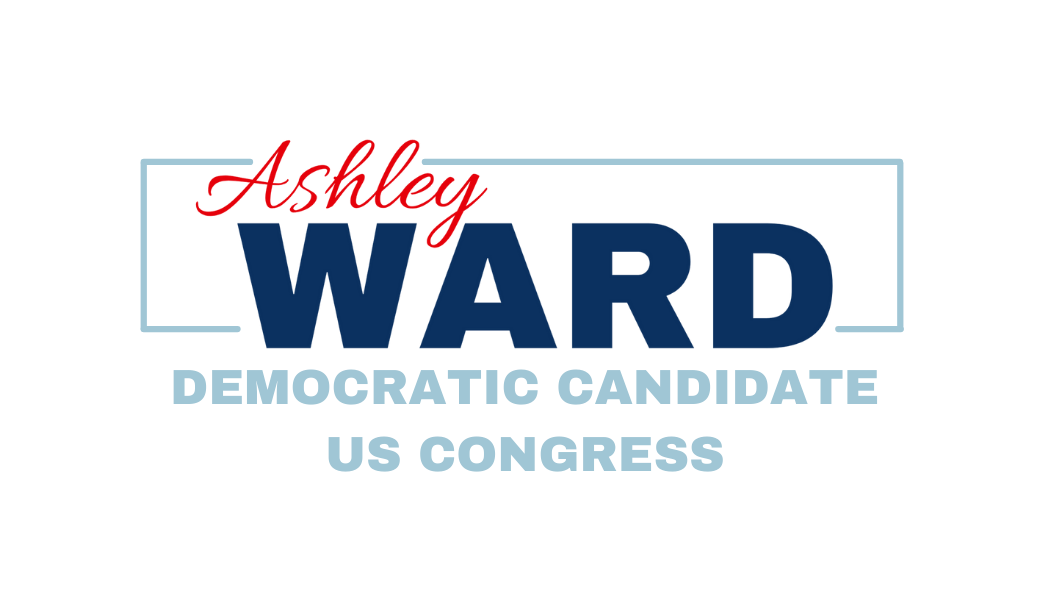Community Experience
My approach to policy is shaped by my experience in communities. I hold these lessons closely, and they inform every aspect of my work.
Centering communities in our climate change discussions means we partner with them, not target them.
When it comes to resilience, American Indians have a lot to teach us. In the aftermath of the drought-induced wildfires and Hurricane Matthew, I worked with citizens from all eight NC Tribes, along with the UNC American Indian Center on their Healthy Native North Carolinians project to better understand climate extremes, how tribes can strengthen their decision making to prepare for and respond to these events, and to reduce the health impacts associated with these events. I’ve also worked with the Karuk Tribe and the Big Valley Band of Pomo Indians in California on water quality reporting for Freshwater Harmful Algal Blooms. These relationships are some of the most rewarding of my career and forced me to rethink the common narrative about what it means to be vulnerable versus what it means to be resilient.
Translating climate science into insight and action empowers leaders to address the health and well-being of communities at risk.
The Sandhills region in NC is home to the highest rates of heat-related illness in NC. In this region, I worked with partners from the CDC, NOAA, and local emergency management, public health, migrant worker organizations, agricultural extension, and athletics to identify at-risk populations and develop early warning systems for heat risk. Empowering community leaders with usable information means they employ that information to improve the well-being of their communities. At the federal level there has been significant investment in data collection. We must ensure that our communities also benefit from these investments so they can build strong, resilient communities.
Actionable policies are those that are responsive to community capacity and capability. Even well-intentioned federal policy can fall short.
In response to the Center for Medicare and Medicaid’s newly developed Preparedness Rule (2018), I worked with NC Public Health Preparedness and Response teams across the state (from all 100 counties) to develop a web-based tool to deliver community-level climate data, as well as data on impacts, to streamline compliance with the new Preparedness Rule and improve planning and preparedness for extreme events. This included data on 14 types of climate events, along with mortality, Heat-Related Illness, agricultural loss, weather-related traffic accidents, and many others. State and local governments need access to data, delivered in a way that is meaningful and can be utilized to improve planning and preparedness.
Solutions come from within communities, not for communities.
Northeastern NC is home to the nationwide Environmental Justice Movement. In this region, I worked with local and statewide NGOs and African American and Native youth to increase civic engagement around local food availability and rural food deserts. The solutions developed by those in the community were relevant, directly addressed the challenges with access, and sustainable. To create sustainable outcomes for our biggest challenges, communities must be at the table when we develop solutions.
